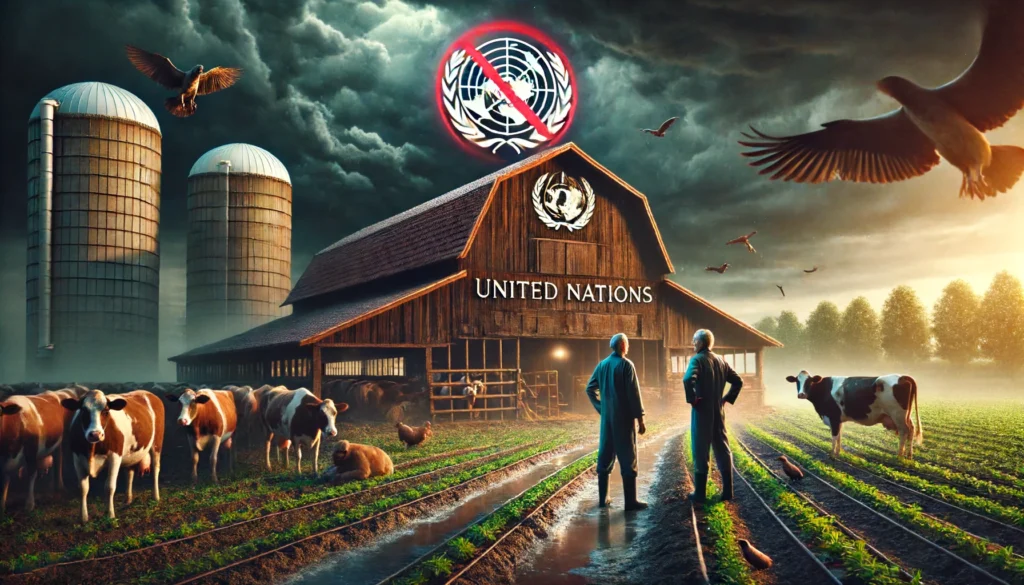In a recent article published by the World Economic Forum (WEF), Juliana Weltman Glezer, a New Frontiers of Nutrition Project Fellow, called for a comprehensive overhaul of the global food system. The article, titled “Feeding the future: why Renovation and Reinvention are key to saving our food system,” highlights the need for a more sustainable and resilient approach to food production and consumption.
Glezer argues that the current methods of growing, manufacturing, and consuming food are contributing to a dual crisis of human and environmental health. With the global population expected to reach 10 billion, the demand for food is projected to increase by 60%. To address this challenge, the WEF proposes a two-step plan: “Renovate recipes and packages” and “Reinvent the system.”
The first step, “Renovation,” focuses on making incremental improvements across the food value chain. This includes reducing harmful ingredients such as excessive levels of salt, sugar, fat, and additives in our food. By reformulating nutrition, Glezer suggests that we can mitigate adverse effects on public health. Additionally, the article proposes adding probiotics to existing products to improve microbiome health.
The second step, “Reinvention,” aims for systemic change, advocating for a fully scaled reorientation of food production that alters the underlying structures within the modern food industry. The article praises companies like Nestlé, which have developed “animal-free protein powder” made through fermentation. According to the Good Food Institute (GFI), 158 companies have publicly announced a primary focus on fermentation for alternative proteins in 2023, marking a 16% increase from the previous year.
The WEF article also suggests that artificial intelligence (AI) could play a crucial role in creating personalized diets tailored to an individual’s genetic make-up, lifestyle factors, and health goals. By leveraging AI, the food industry could potentially reduce the overall environmental impact of food production and disposal.
Glezer compares this comprehensive transformation of the food system to the global transition to renewable energy, such as solar and wind power and electric vehicles. She emphasizes the need for bold action across sectors, industries, and disciplines to achieve a more resilient, equitable, and sustainable food system for generations to come.
The article concludes by urging the food industry to rebalance its approach to innovation, with significantly more investment put towards “Reinvention.” By prioritizing strategies that reinvent, alongside renovation, Glezer believes we can chart a course toward a more sustainable future for the global food system.
The World Economic Forum’s call for a “reinvention” of the global food system and its embrace of “animal-free” products has sparked discussions about the future of food production and consumption. As the world faces the challenges of a growing population and the need for more sustainable practices, the WEF’s vision for a transformed food system may inspire further innovation and collaboration across industries to create a more resilient and equitable future for all.



